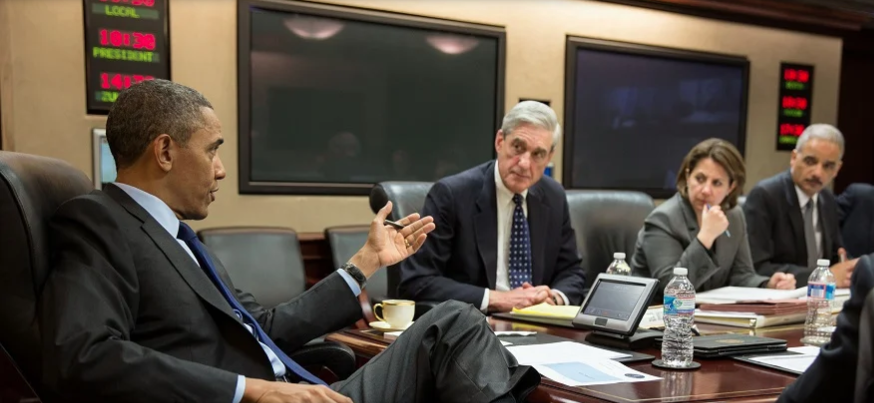
The Federalist
The Federalist's Self-Proclaimed Bias
In September 2013, co-founder Ben Domenech, a conservative writer and TV commentator, wrote that The Federalist was inspired by the worldview of the original TIME magazine, which he described as "[leaning] to the political right, with a small-c conservatism equipped with a populist respect for the middle class reader outside of New York and Washington, and an abiding love for America at a time when snark and cynicism were not considered substitutes for smart analysis."
Domenech wrote that The Federalist would be informed by TIME's 1920s “list of prejudices” for the magazine, which included principles such as:
- A belief that the world is round and an admiration of the statesman’s view of all the world.
- A general distrust of the present tendency toward increasing interference by government.
- A prejudice against the rising cost of government.
- Faith in the things which money cannot buy.
- A respect for the old, particularly in manners.
- An interest in the new, particularly in ideas.
When former president Barack Obama told supporters last week that the Justice Department’s decision to drop the case against former White House National Security Adviser Mike Flynn is a “threat to the rule of law,” he was relying wholly on the fiction, willingly propagated for years by a pliant media, that the Russia-Trump collusion probe launched by his administration was lawful and legitimate.
But of course it wasn’t. A string of recently released documents have confirmed that the entire Russia-Trump investigation, which eventually entrapped Flynn and forced then-Attorney General Jeff Sessions to recuse himself, was an unprecedented abuse of power that amounted to organized effort by the Obama administration to nullify the results of the 2016 presidential election. It was in effect an attempted coup.
If you haven’t picked that up from the news media, it’s not your fault. Instead of grappling with the implications of newly released details about what Obama officials were doing to undermine the incoming Trump administration during the transition, the mainstream media have fixated on Trump’s use of the term “Obamagate,” dismissing it as a conspiracy theory.
This is to be expected. For years now the media have done everything they can to push the Trump-Russia collusion hoax—even after a years-long special counsel investigation by Robert Mueller turned up nothing—using the complexity of the scheme to hide the greatest political scandal of our time in plain sight.
A key aspect of that scheme was—and is—to make the case against Flynn appear legitimate. Flynn faced trumped-up charges that he misled FBI agents about conversations he had with then-Russian ambassador Sergey Kislyak in the weeks before Trump’s inauguration. (As the incoming national security advisor, Flynn was doubtless having conversations with numerous heads of state and ambassadors during this time, so there was nothing unusual about him talking to the Russian ambassador.)











